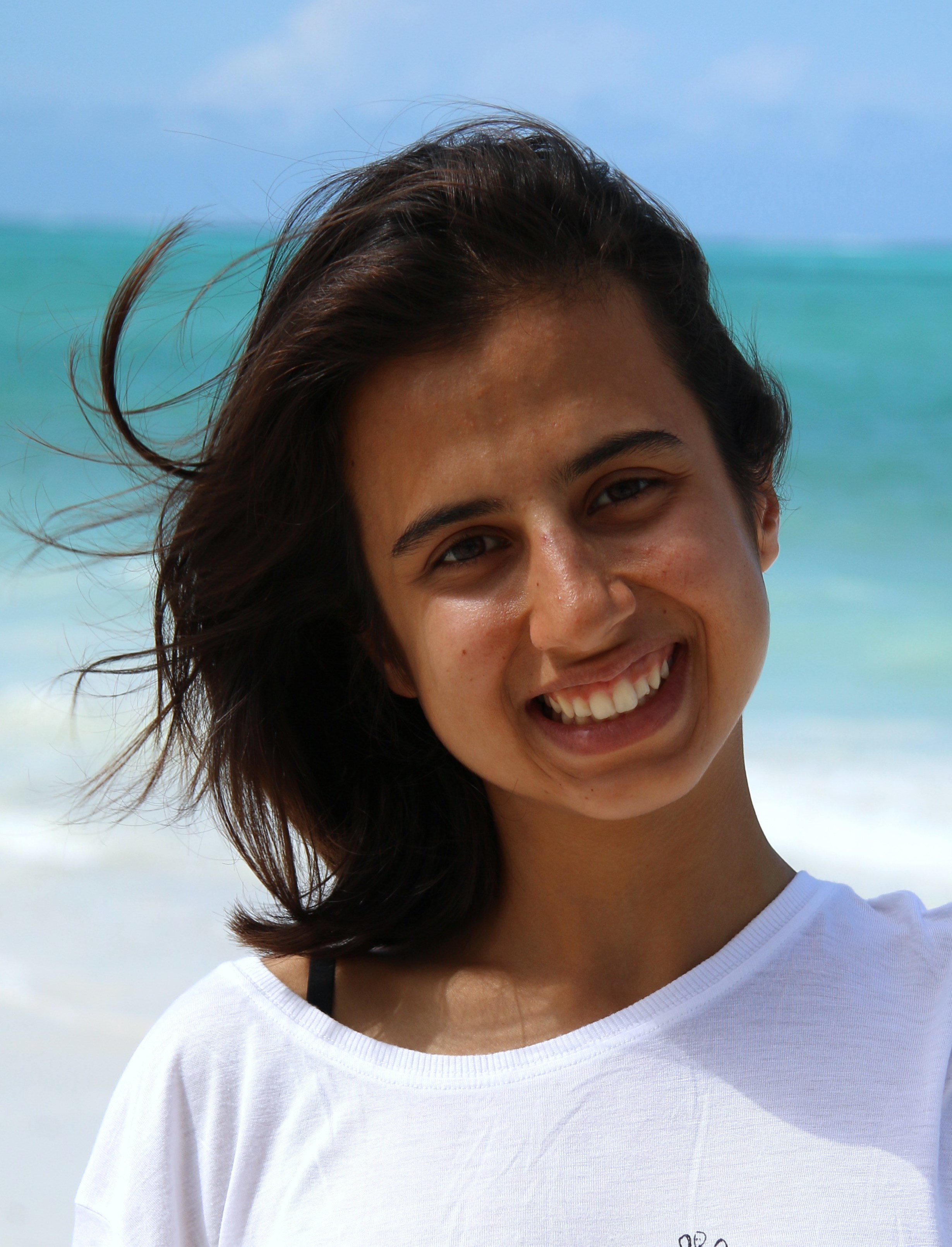
As an undergraduate student at the Sabancı University Cultural Studies Program, Ebrar conducted an oral history interview with 'Beyza', who was an undergraduate student like herself. In her work, Ebrar focuses on intergenerational differences.
Ebrar:
"Wile thinking about how our interview went and how it would be like if we had conducted a second interview, one of the things that helped me most in order to reach a conclusion about these issues was the transcript of the interview. The moment I completed the transcript -about 14 hours in total- I came to realize certain things Beyza talked about and evaluated them, and reading it the transcript from start to finish at least once made me come to terms with many issues."
"Before conducting the Oral History interview, we had spoken about the importance of going back to the past as much as possible in our questions and in the issues we would talk about, and we highlighted the importance of beginning with the past, talking about the past and trying to remember the past. After I decided who I would interview and the topic(s) we would focus on, I had concerns about the extent to which oral history methodology would help me reach my goals. And right after the interview, I had the feeling that we had not really talked about that much. But later, I realized that I had really enjoyed conducting the interview and that it had in fact been very useful to me."
From the interview:
"... What else... my [maternal] grandmother was a really anti-feminist woman by the way (laughs). Basically, she was anti-feminist. I have an uncle and an aunt, both are older than my mother. She [grandmother] used to live with my uncle's family and she loved my uncle so much, it was so apparent, she didn't even bother to hide it (laughs). Sometimes, we used to go there to stay, she used to send us back, telling us we had three men in the house, how dare we stay there, it was inappropriate, what would these men do there on their own? My mom used to get mad and leave (laughs). Then, she used to refer to my cousins as "our children" because she raised them, but for her, we were "your children"... (laughs). Really! 'Hey, I am also a grandchildren, why do you say that?' (laughs)"
"My [paternal] grandmother was an urbanite woman, she was a noble woman, she would never give up on her stance. I admired her a lot. She would stick to what she thought was right, and if she disagreed with something, she would say so, she would never just go with the flow. I liked that a lot, and still do..."
"[At university] it was as if I learnt how to write first, and then I learnt how to write in English. In fact, I learnt how to write in English before I did in Turkish. I never encountered anything like this during high school, I mean you might write essays in Turkish class at most but without a doubt, you would get full points. So, this was a big challenge. It was something that changed my vision because you need to read to be able to write, you need to know in order to write, you need to have an opinion, you need to be able to explain [your opinion] in a structured way. For this reason, I really enjoyed prep school, I felt the development it enabled in me, because it developed me not only in terms of language but also in terms of perspective and cultural accumulation. Because of this, I became a completely different person. I changed a lot..."
In this project, the interviewee preferred to remain anonymous.
